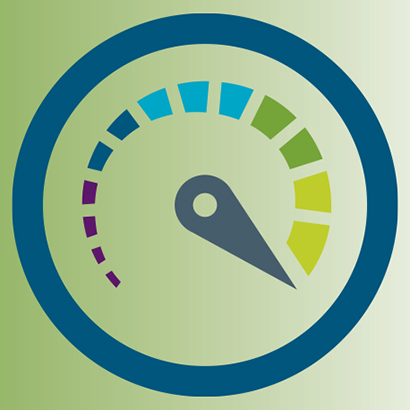
Series
Responding to COVID-19
The impacts of the 2019 novel coronavirus have quickly spread to affect most industries around the world. While the concern for the health and well-being of individuals is of the utmost priority, our lawyers are closely monitoring the legal implications the outbreak has on your business.
As the world monitors this global health emergency, and begins planning to slowly reopen, we have turned our focus to providing insight and guidance on the topics needed to return to the next normal. Our lawyers are working collaboratively across the globe to help our clients navigate the legal and operational issues arising from the coronavirus pandemic.
Provided below you will find our thought leadership, and timely resources on the subject. If you are looking for something in particular, you can use the filter options below to locate content by topic, region, or type. We also offer a keyword search option to help you find the information you need.
The legal landscape surrounding the effect of the virus is rapidly changing; visit this page regularly for new and updated information or SUBSCRIBE to our All Things COVID-19 email list to receive the latest updates.
Thought Leadership
On 30 January 2024, the US Citizenship and Immigration Services (USCIS) published a final rule (Final Rule) increasing the premium processing fee from US$2,500 to US$2,805, increasing filing fees for I-129 and I-140 employment-based petitions, and imposing a new Asylum Program Fee for each Form I-129 and I-140 filed by employers.
On 3 April 2024, the US Securities and Exchange Commission announced the first settlement with a stand-alone registered investment adviser for, among other things, failures to maintain and preserve certain electronic communications.
On 22 December 2020, the U.S. Securities and Exchange Commission (SEC) adopted amendments (the final rule) to Rule 206(4)-1 under the Investment Advisers Act of 1940 (the Advisers Act) to modernize the regulation of investment adviser advertising and solicitation practices.
On 7 March 2024, the Illinois Pollution Control Board proposed amendments to its Ground Water Quality regulations, which would set standards for selected per- and polyfluoroalkyl substances compounds at or near their levels of detection and would result in some of the most stringent standards in the country.

